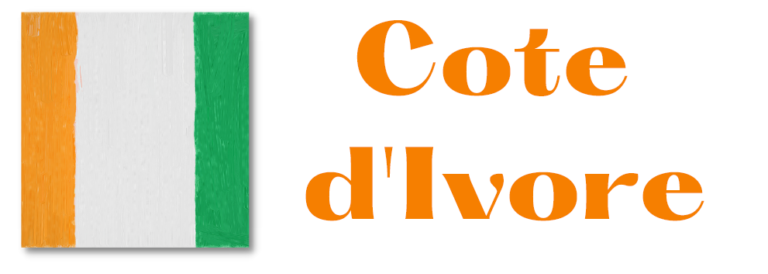Nigeria
Located in West Africa, Nigeria is one of the most populous countries in the world. It has a rich and fascinating
history, from its founding as an independent nation to its present-day status as a major economic and cultural
power in the region. Let’s take a look at some of the key facts about this amazing country.
Founding and Early History: Nigeria declared independence from Great Britain on October 1, 1960. Its
name is derived from ‘Niger’, which was used by Europeans to refer to the Niger River flowing through
West Africa. Prior to colonization by Europe, Nigeria was composed of many different ethnicities and
languages including Yoruba, Igbo, Efik/Ibibio, Edo and Hausa. After independence, these groups were
united under a single government structure led by Prime Minister Abubakar Tafawa Balewa until 1966
when he was overthrown in a coup d’état by Major General Johnson Aguiyi-Ironsi. In 1967 civil war
broke out between the Igbo population of Eastern Nigeria and the federal government led by General
Yakubu Gowon. The war lasted for three years until 1970 when Eastern Nigeria seceded as the Republic
of Biafra before being reintegrated into Nigeria in 1972 with Gowon remaining President until 1975
when he was removed from office via another military coup d’état led by General Murtala Muhammed
who was assassinated just one year later in 1976 during yet another coup d’état led by his successor
General Olusegun Obasanjo who served as president until 1979 when civilian rule returned with Alhaji
Shehu Shagari being elected president until 1983 when yet another military coup d’état removed him
from office leading to over 15 years of military dictatorships followed by another period (1999 – 2007) of
civilian rule after which Umaru Yar’Adua was elected president until his death in 2010 leading to
Goodluck Jonathan being sworn into office where he remained President until 2015 when Muhammadu
Buhari won election as President of Nigeria serving till 2019 when he won re-election for a second term. The
Nigerian flag is composed of three equal size vertical stripes with green representing agriculture &
natural resources, white representing peace & unity, and black representing sovereignty & strength;
there is also an orange/gold sun centered on the white stripe that symbolizes wealth and progress while
also depicting unity with its 24 rays representing each state within Nigeria plus Abuja (the capital).
Since gaining independence in 1960, modern day Nigeria has transformed itself into one of Africa’s most
prosperous nations with a GDP per capita currently estimated at $2,222 USD making it one of only two
African countries listed within the top 100 wealthiest countries worldwide; it is also home to over 500
million people making it Africa’s most populous country with nearly 200 million people living below
poverty line; it has immense potential due to its vast oil reserves however corruption remains rampant
throughout much of its political system though recent elections have shown signs that things are
changing for the better.
Nigeria has seen tremendous growth since declaring independence from Great Britain nearly 60 years
ago. It is now one of Africa’s largest economies and boasts some impressive statistics such as having two
African countries listed within the top 100 wealthiest countries worldwide along with having immense
potential due to its vast oil reserves. Despite all this growth however corruption remains rampant
throughout much of its political system though recent elections have shown signs that things are
changing for the better for this amazing country. Hopefully this trend will continue so that future
generations can enjoy even more prosperity than those before them!







